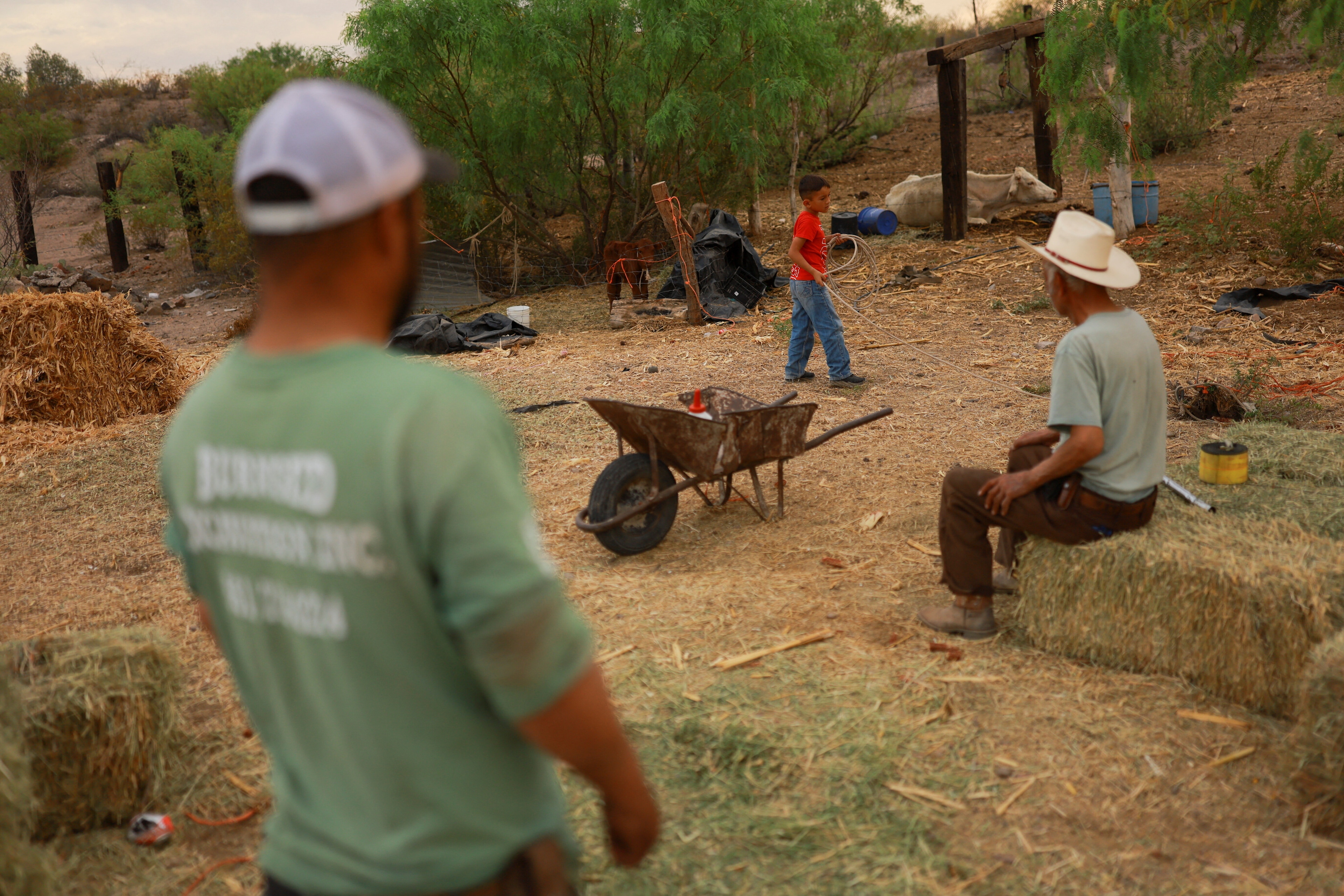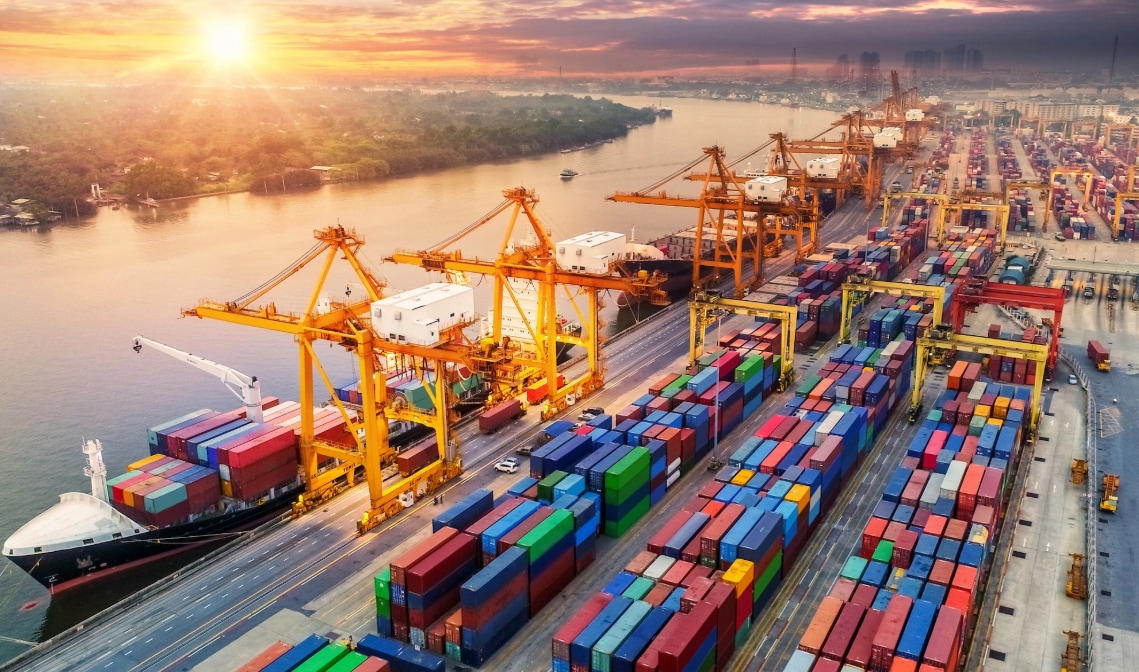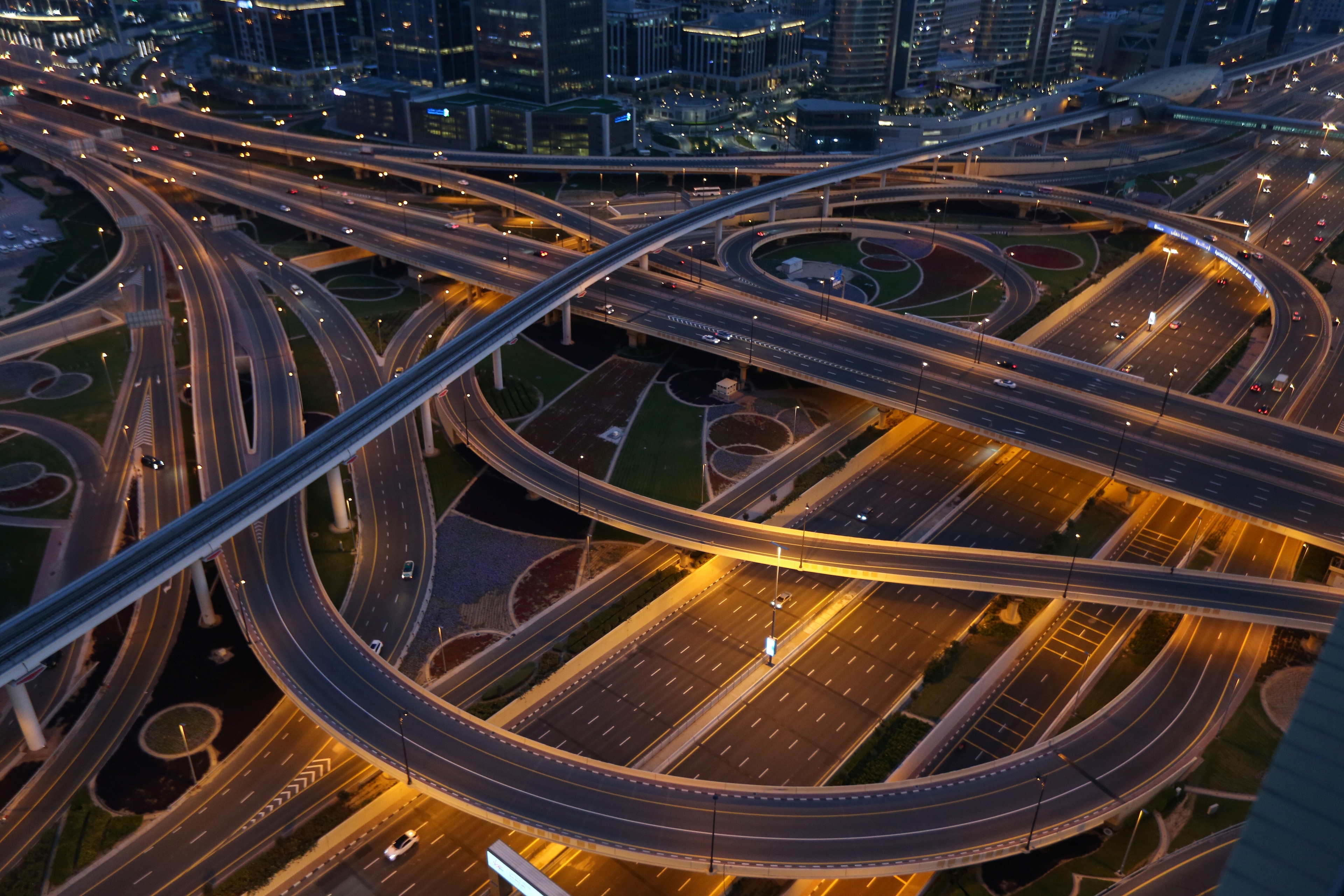5 challenges that will make or break the Paris climate talks

Stay up to date:
Future of the Environment
This article is published in collaboration with Reuters.
Almost 200 nations will meet in Paris from Nov. 30-Dec. 11 for a summit on climate change, seeking a turning point away from an increasing reliance on fossil fuels since the Industrial Revolution.
Following are among the hurdles to a United Nations accord that will map out action by rich and poor nations beyond 2020 to curb greenhouse gas emissions blamed for warming the planet.
FINANCE
Developed nations promised in 2009 to mobilise $100 billion a year by 2020, from both public and private sources, to help developing nations limit their greenhouse gas emissions and adapt to more floods, heat waves and rising sea levels.
The main group of more than 130 developing nations wants ever higher figures beyond 2020. The United States, the European Union and other rich nations do not want to guarantee higher figures.
There are many uncertainties about how to count the money. Developing nations question estimates by the Organisation for Economic Cooperation and Development that climate finance reached $62 billion in 2014.
LONG-TERM GOAL
Hosts France said in a Nov. 19 note that many countries favour the phrase “global transformation towards low-emission and climate resilient societies” to signal the long-term shift from fossil fuels towards greener energy.
But that may be too vague for some.
The Group of Seven industrialised nations set a target in June of a decarbonisation of the world economy this century. Some developing nations, and many climate activists, want a far tougher target of phasing out fossil fuels by 2050. China and India, heavily dependent on coal, are among those reluctant to set clear dates for giving up fossil fuels they see as vital to lift millions from poverty.
LOSS AND DAMAGE
Developing nations want a long-term mechanism to help them cope with loss and damage from disasters such as typhoons or the impacts of a creeping rise of sea level rise.
All governments agreed to set up a loss and damage mechanism in 2013 but it has yet to do any substantial work and is up for review in 2016. France’s note said nations want it included in the Paris deal.
The United States and many other rich nations are wary, saying they will not sign up to any text that implies “compensation” or “liability” – fearing it expose them to a mass of claims linked to their greenhouse gas emissions.
RAISING AMBITION
The United Nations says promises by about 170 nations to curb greenhouse gas emissions beyond 2020, made in the run-up to Paris, are too weak to limit rising temperatures to an agreed 2 degrees Celsius (3.6 Fahrenheit) above pre-industrial times.
That means there will have to be a system to ratchet up action. France’s Nov. 19 note says many nations want a first “global stocktaking” in 2018-19. A weak agreement would delay any reviews until 2020 or 2025.
France’s note says a stock taking would merely identify “where we stand collectively” in fighting climate change, and not criticise laggards. It would help lay the basis for new rounds of promises to combat warming.
LEGAL FORCE
All nations agreed in 2011 that the Paris deal will have some form of “legal force”. They left open about whether that meant a treaty under international law or a looser deal anchored in each nation’s domestic laws.
Many developing nations and the European Union favour a binding treaty, or protocol. But the United States and China, among those reluctant to sign up for international oversight, prefer an accord based on domestic laws and regulations.
Publication does not imply endorsement of views by the World Economic Forum.
To keep up with the Agenda subscribe to our weekly newsletter.
Author: Alister Doyle writes for Reuters.
Image: A chimney in an industrial area emits vapour. REUTERS/Tim Wimborne.
Don't miss any update on this topic
Create a free account and access your personalized content collection with our latest publications and analyses.
License and Republishing
World Economic Forum articles may be republished in accordance with the Creative Commons Attribution-NonCommercial-NoDerivatives 4.0 International Public License, and in accordance with our Terms of Use.
The views expressed in this article are those of the author alone and not the World Economic Forum.
Related topics:
Forum Stories newsletter
Bringing you weekly curated insights and analysis on the global issues that matter.
More on Climate ActionSee all
Jose Ignacio Galindo and Nicolas Wertheimer
July 24, 2025
David Elliott
July 22, 2025
Stephanie Dunn and Firuze Alpaydin
July 22, 2025
Muhammad Hassan Dajana and James Balzer
July 22, 2025




